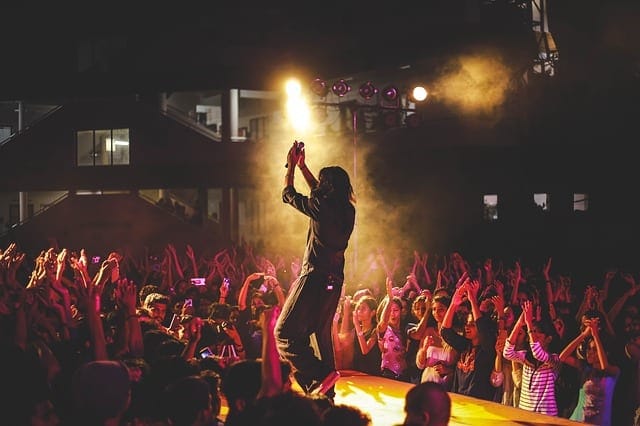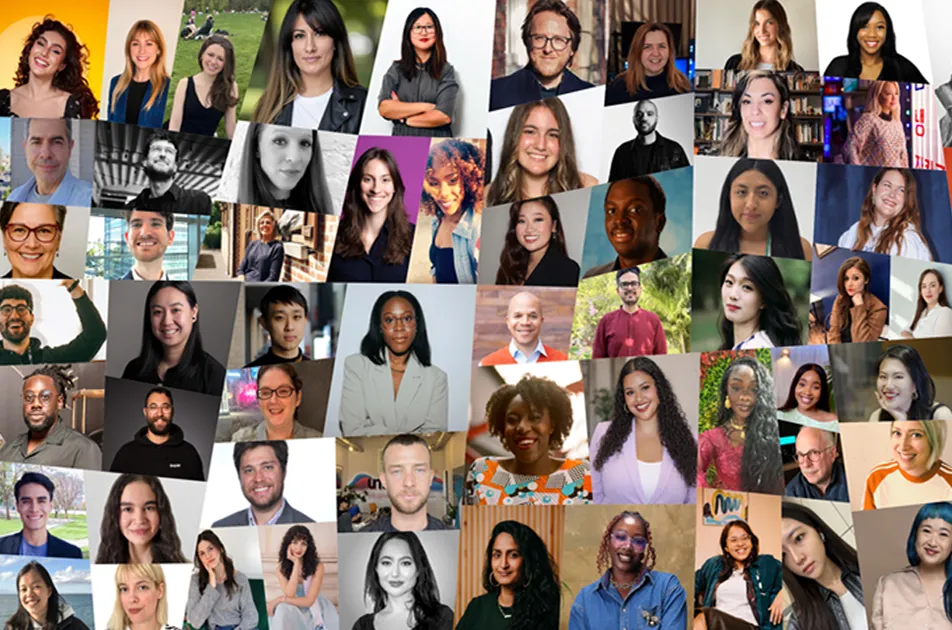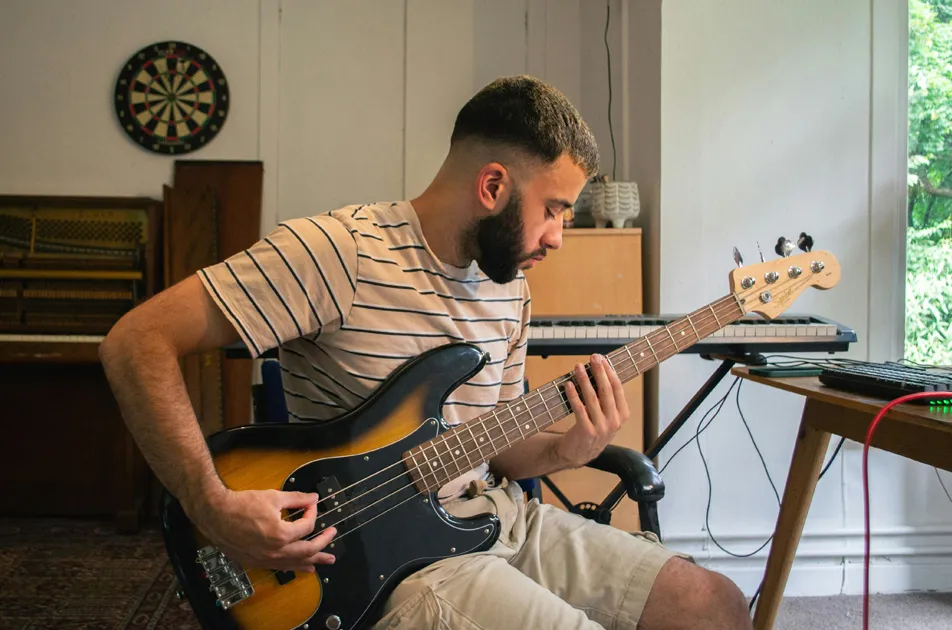If music fans were given ranks, Leah D. Nelson would be an expert. Here she discusses the true and ultimate power of today’s music fan.
by Leah D. Nelson from SoundFly
Music has always been part of my life.
I was raised by a parent who was an avid music fan who loved rock and roll, especially if it featured poignant songwriting, weeping guitar solos, and in the best case scenario, a combination of both. I attended my first arena show at the age of 14 — Nine Inch Nails headlined and I had a sprained ankle so couldn’t go into the pit — but, despite my lack of mobility that evening, live music has been an integral part of my life ever since.
I love being a music fan, and if recent numbers are any indication, I’m far from alone and neither are you. In fact, there are millions of us. After two years of lockdown and social distancing that effectively brought live music to a standstill, the concert industry roared back to life in 2022.
Stadium shows were in such high demand that the top 100 stadiums reported more than $2.68 billion in gross revenue last year, a full 81% higher than pre-pandemic numbers, according to Variety.
Although I didn’t attend a stadium show in 2022, my return to live music after a two-year hiatus occurred on a New Jersey beach in September, when in a moment of serendipity, I screamed along to the tunes of perhaps my favorite band ever. I will cherish the experience for the rest of my life.

The Live Music Experience
Whether you’re a casual music fan or highly active, we all listen to music for different reasons, ranging from relaxation to emotional healing, joy, social stimulation, and beyond. A large number of music fans take their love of the medium a step further, creating cover songs of their own and inspiring others to follow in their footsteps.
Dave Grohl (Nirvana, Foo Fighters) is a prime example of a music superfan who is also a seasoned performer and rock icon in his own right. At the height of Covid-spawned lockdowns, the Foo Fighters frontman penned an essay about his passion for being in the audience.
Published in The Atlantic in May 2020, some of the best quotes from Grohl’s passionate article include the following:
“I’m hungry for a big old plate of sweaty, ear-shredding, live rock and roll, ASAP. The kind that makes your heart race, your body move, and your soul stir with passion.”
Grohl also refers to live music as a “life-affirming experience.” I can definitely relate.
I also love being part of an audience, and the energetic feeling that can only happen on a concert floor. There, I feel powerful and content. Thus I feel compelled to give back to the artists who inspire me to do better and lift me up when I’m feeling down. I am a music fan, and I wear that badge proudly. Further, I accept all of the responsibility that comes along with the role.
Because, make no mistake, the audience/performer dynamic is a two-way street.
Here’s a video from Soundfly’s recently released course, The Business of Uncompromising Art, in which Ben Weinman (of The Dillinger Escape Plan) explains the basis of the fan-centric mentality that’s a staple of the early DIY punk scene, and what we can take away from it as artists.
Since creating music was never in the cards for me, I have used my knack for writing in an effort to promote the music that I love, from mainstream acts to local secrets. For my part, I also work hard while attending shows, by being an engaged audience member.
I find much joy in writing about music, yet there’s an unfortunate side effect to attending concerts as a job. When I’m taking notes, and experiencing a show as a journalist rather than a straight-up fan, it’s just not as fun. Not even close. For instance, I can’t let go and be completely free in the crowd when I’m thinking about a deadline or writing down the set list for reference later.
Gratitude Goes a Long Way
As I mentioned above, that sense of freedom to let loose is where the true joy comes from when it comes to live music. It’s a freedom to be yourself.
Henry Rollins has talked about the audience/performer dynamic in depth. The prolific hardcore and spoken word performer and Black Flag singer is eternally grateful for his audience, acknowledging in a 2015 SXSW Film Conference interview that: “I need them more than they need me.”
As such, Rollins tries to show gratitude to his audience as often as possible, in order to keep these crucial relationships alive.
When I’m at a show, I’m similarly grateful and my appreciation to the brave musicians on stage is palpable. Even if the crowd is sparse and uninterested — for example, in a restaurant setting with live background music — I always personally clap (and donate!) as appropriate. It’s the least I can do.
More often, though, I’m on the front lines, testing my endurance by dancing, cheering, and singing along for the entire set.
A Neurology of Music Fans
Maybe music fans like myself are just built differently than the average person. At least on the surface, the enjoyment of music has no direct evolutionary purpose, as it’s not linked to our survival, yet it does stimulate the reward system in our brain nonetheless.
Why does it feel that way sometimes? Why do our favorite songs have such a profound effect on our emotional psyche, mood, and well-being?
Neuroscientists aren’t quite sure why humans love music as much as we do, but research is ongoing. According to Nature.com:
“Music triggers engagement in social functions, hence musical activity is directly related to the fulfilment of basic human needs, such as communication, cooperation and social attachment. Supporting social functions was probably an important adaptive function of music in the evolution of humans. The hippocampus plays a part in the generation of attachment-related emotions and can be activated by music owing to music’s ability to support social attachment.”
But in a much less complicated way, live music is simply fun, it’s social, it’s supportive of the artists you love the most, and it continues to bring joy to me personally and inspire fans around the world.





